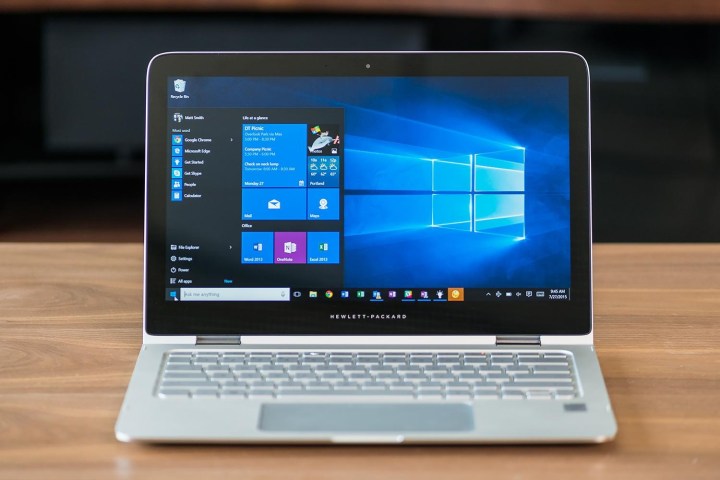
Almost thirty percent of PC users polled in the survey claimed to be running Windows 10, compared to the 27% that are using Windows 8 and the 28% using Windows 7. That might not sound like a massive lead, but considering that Windows 10 only saw its international launch in July 2015, it’s a promising statistic.
It’s also worth noting that the survey — which polled 1,000 PC-owning adults in the United States — was carried out in September of last year. Given that this was a matter of weeks after the much-publicized launch of the OS, it’s more than likely that usage numbers have grown in the months since.
While these usage figures are impressive enough, the best news for Microsoft comes in the data collected regarding user satisfaction. A whopping 60% of those polled described their experience with Windows 10 as either ‘favorable’ or ‘very favorable’ according to a report from WinBeta.
Of course, the fact that the survey was carried out soon after Windows 10 was released might suggest that many of these respondents were still enjoying the ‘honeymoon period’ of their time using the new OS. Still, it’s an impressive achievement considering only one in ten users described their experience as ‘unfavorable’ or ‘very unfavorable.’
Microsoft’s focus on encouraging Windows 10 adoption certainly seems to have paid off, based on surveys like this and the figure of 200 million installs that was touted recently. However, with other data suggesting that the OS was only able to approach 10% of desktop market share as 2015 came to a close, it’s difficult to get a clear picture of the situation.
Editors' Recommendations
- Microsoft announces a new threat to push people to Windows 11
- Windows 11 vs. Windows 10: finally time to upgrade?
- Windows 11 24H2 or Windows 12? Here’s what’s coming soon
- The Windows 11 Android app dream is dead
- The Surface Pro 10 sounds amazing, and it may be coming soon


